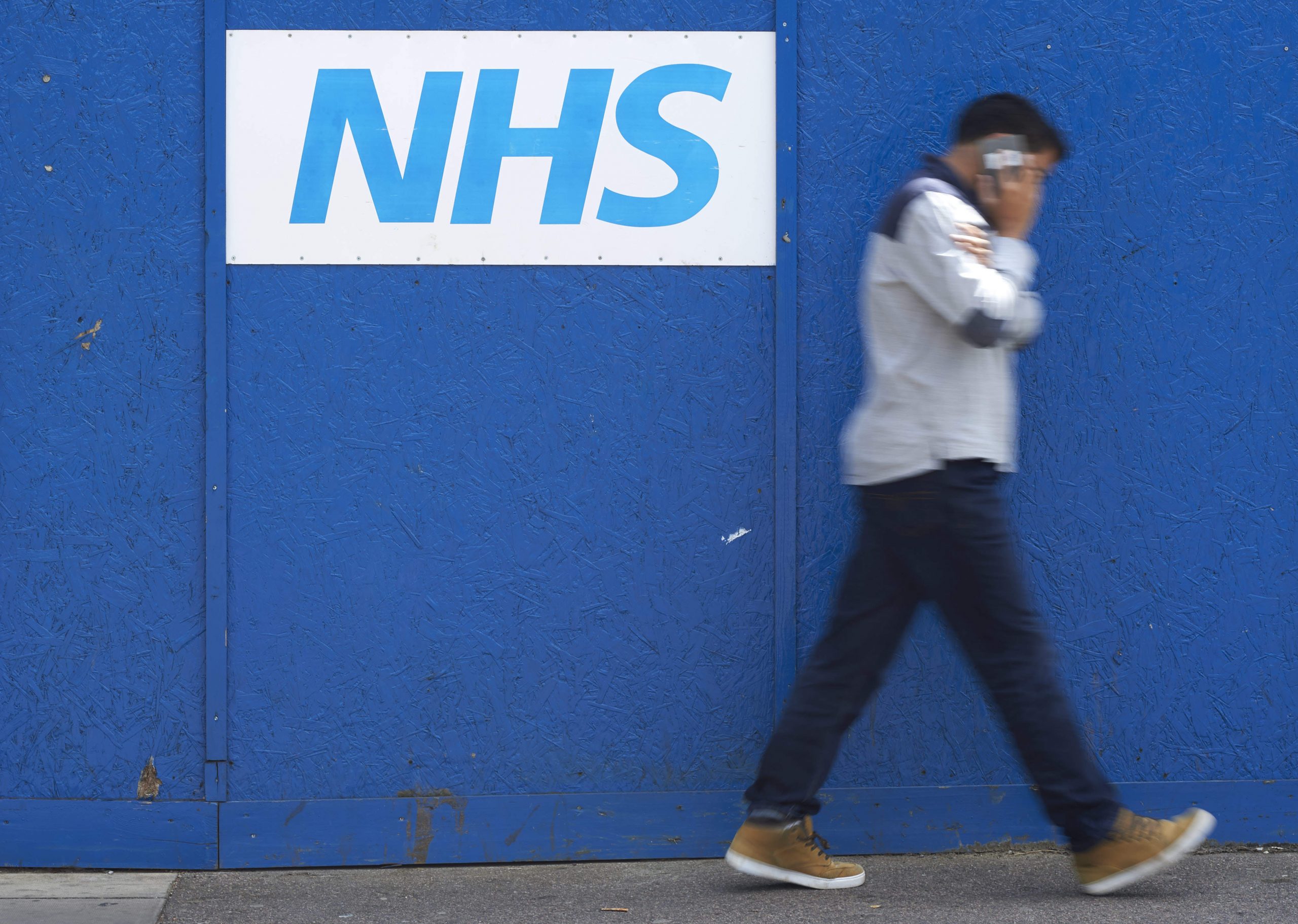
Florrie’s multiple sclerosis has, over the past 30 years, caused increasing spasticity in her legs. Her gait now consists of a protracted sequence of micro-shuffles, each leg advancing barely a few inches in any one stride. It looks alarmingly precarious; she keeps herself from falling by holding on to furniture as she goes, or by steadying herself with a wheeled frame.
Her speech, too, has been affected. Words tumble out in an incredibly rapid stream, running into each other. It’s unintelligible to most people. Having known her for years, I can make out every third word, which is usually enough to work out what she’s saying from the context.
Amazingly, she still manages to live at home with her cat, supported by her grown-up daughter, Ellen, who lives a few miles up the road, and by the package of care visits contracted by social services and delivered by a private agency.
That package of care had been stable for ten years – until now. It was Ellen who told me the story: how two unfamiliar women from social services had come round and interviewed Florrie on her own for 15 minutes. The first thing Ellen knew about it was when a letter arrived advising that, following the “review” of Florrie’s needs, her package of care visits was being halved.
I agreed that this hardly constituted a fair assessment. I rang social services to make my views known. A beleaguered manager undertook to review the “review”, but indicated that there was unlikely to be a different outcome. Their budget has suffered punitive cuts year-on-year; meanwhile, demand for care is going in the opposite direction. Some things have to give.
The ever-tightening squeeze on social care is just one aspect of Crumbling Britain affecting my patients. We’ve been hearing much about the Windrush generation and the “hostile environment” against immigrants that Theresa May inculcated during her time at the Home Office. Equally scandalous is the “hostile environment” experienced by people claiming health-related benefits. So many of my patients have been penalised in the transfer from Disability Living Allowance to the new Personal Independence Payment (PIP), or when their Employment and Support Allowance (ESA) has come up for review. Gareth, a diabetic amputee, lost the Motability car that once enabled him to get around. Mary, affected by both arthritis and chronic mental ill-health, was recently told that – tah-dah! – she is fit to work again, so will no longer be entitled to financial support. And they are just the latest two.
According to the disability charity Scope, successful appeals against PIP and ESA decisions have reached record levels – 69 per cent are now being overturned in claimants’ favour. This may speak of gross incompetence by the outsourced assessment agency, which gets so many of its initial medicals wrong. Or more sinisterly, it may reflect a deliberate government policy to refuse all but the most clear-cut cases, and force everyone else either to battle through the appeals process or simply give up. It’s a hostile environment either way.
There are myriad other erosions: operations that are no longer routinely funded; medications no longer available on the NHS that have to be bought instead, irrespective of income. Waiting times are lengthening inexorably, stoking frustration and anxiety among already unwell patients.
I recently met up with an old friend, Jim, who trained as a GP alongside me back in the 1990s, and who, like me, had relished practising during the Noughties. It is remarkable to think back to that era, when as a result of the sustained investment under Tony Blair and Gordon Brown the NHS had truly come to rival the responsiveness of the private sector for the first time. Jim has just resigned from his practice and won’t work as a doctor again, finally burned out after battling for his patients’ causes in a system in which overload and chronic stress has become the norm.
“I know it will get better again at some point,” he told me. “It has to.” He gave a shake of his head. “I just can’t hang on long enough waiting for it to come.”
This article appears in the 02 May 2018 issue of the New Statesman, What Marx got right






